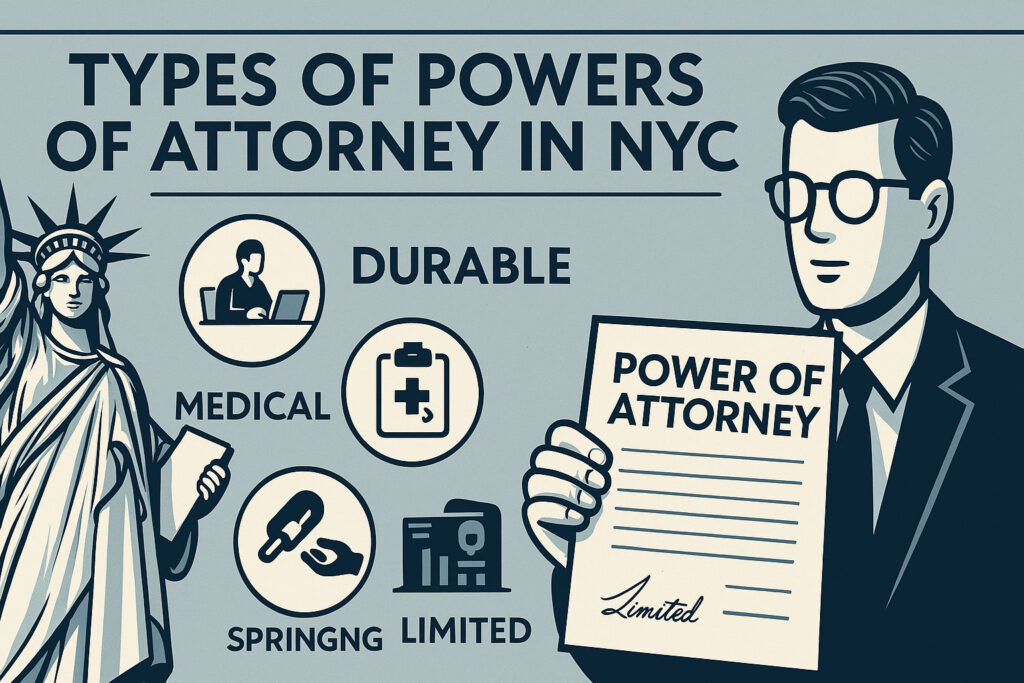Trump Vows Day 1 Pardons for Capitol Rioters
Former President Donald Trump has made bold declarations to pardon individuals involved in the january 6 Capitol riot if he is re-elected. Such statements have ignited a firestorm of political discourse and controversy. This article explores the implications of Trump’s vows, the potential legal consequences, and the impact on American society.
Understanding the Context
The January 6 Capitol riot represents one of the darkest days in modern American political history. With Trump suggesting pardons, it has led to significant debate over the justice system’s handling of the rioters and the political ramifications of such actions.
Legal Implications of Presidential Pardons
- What is a Presidential Pardon? A presidential pardon is an act of clemency that can forgive federal offenses, effectively erasing legal guilt.
- Limitations: Pardons can only be granted for federal offenses, not state-level crimes.
- Historical precedents: Previous use of pardons includes notable acts by Presidents Ford (Nixon pardon) and Clinton (Marc Rich).
The Capitol Rioters’ Legal Status
Many of those who participated in the Capitol riot are facing serious charges and sentencing.Trump’s promise to pardon these individuals raises questions about justice,accountability,and legal norms.
| indictment Status | Count of Individuals |
|---|---|
| Arrested | 700+ |
| Charged | 500+ |
| Convicted | 100+ |
Implications for Justice and Accountability
The potential pardoning of Capitol rioters could set a precedent affecting how future acts of political violence are addressed. It poses a fundamental question: where is the line between political maneuvering and the rule of law?
Trump Calls for Jail Time for Jan. 6 Committee
In a stark contrast to his promises for the rioters, Trump has called for members of the January 6 Committee to face jail time. This brings forth a challenging dynamic between accountability, openness, and political motivation.
The Role of the January 6 Committee
- Investigative Purpose: The Committee was established to investigate the circumstances surrounding the Capitol riot.
- Evidence Collection: A collection of testimonies, documents, and digital evidence has been amassed.
- Political Perception: Viewed by Trump supporters as biased and by others as necessary for transparency.
Reactions and Criticism
Trump’s stance pits him against a significant portion of the congressional leadership. Many see his actions as undermining democratic processes, while supporters argue it’s about accountability for what they perceive as witch hunts.
Understanding the Political nuances
The call for jail time and the vow to pardon criminals underline the deep divides within U.S.politics. Understanding these moves involves delving into the nuances of political strategy and public opinion.
| Action | Public Reaction |
|---|---|
| Pardon Promise | Polarized: Strong Support & Condemnation |
| Jail Time Calls | Largely Controversial |
Public Perception and Media Coverage
Media’s role
Media coverage plays a critical role in shaping public perception. Left-leaning versus right-leaning outlets offer varied coverage, affecting how audiences interpret Trump’s statements.
The media Landscape
- Right-Wing Media: Coverage often emphasizes legal overreach and perceived unfair treatment of rioters.
- Left-Wing Media: Emphasizes accountability and the necessity of the Committee’s work.
impact on Trump’s Political Base
While Trump’s promises and calls for action bolster his standing among core supporters, they also alienate moderates and push neutrals further from his camp.
Benefits and Practical tips for Navigating Political Debates
Keeping Informed
- Follow Diverse Sources: Understand the spectrum of opinions to form a well-rounded view.
- Critical Thinking: Evaluate the implications and intentions behind political statements.
Engaging in constructive Dialog
- Listen Actively: Hear perspectives from across the political spectrum.
- Communicate Respectfully: Aim for understanding and bridging divides.


